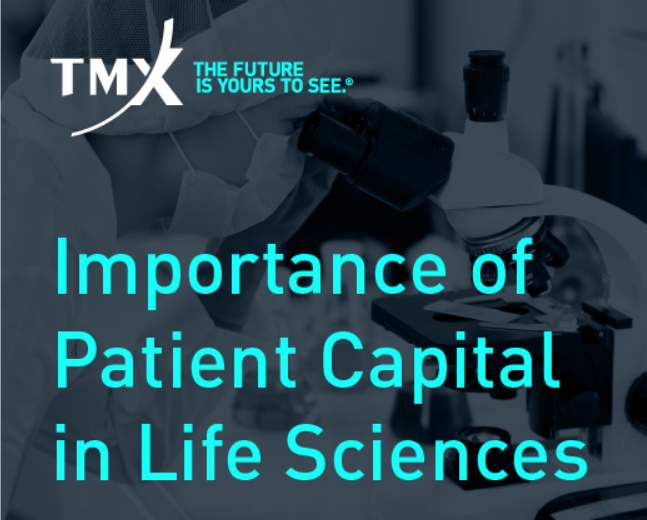Curbing obesity may be as simple as popping a pill before meals.
A new capsule called Attiva does just that — expanding in the stomach to significantly reduce hunger between meals and make people feel fuller, according to the results of a clinical trial released by Boston-based Gelesis Inc.
The capsule contains a super-absorbent hydrogel comprised of food components. It’s an alternative to potentially risky gastric bypass surgery. Obesity affects nearly 34 percent of American adults, according to a recent study published in the Journal of the America Medical Assn.
The capsule, classified as a medical device because it isn’t absorbed into the bloodstream like a drug, is swallowed with water. As it breaks down in the stomach, tiny hydrogel particles (about the size of a grain of salt) expand hundreds of times, creating less room for food. The enlarged particles, mixing with other food particles, swell against the stomach walls, signaling to the brain that the person is full. Afterwards, the particles — which have the same elasticity and viscosity as foods — disintegrate in the colon and pass naturally. You can see an animated demonstration of the process on the Gelesis website.
“For the first time a group was able to overcome the enormous technical hurdles in creating a super-absorbent polymer made entirely out of food,” MIT Institute Professor Robert Langer said in prepared remarks. “This opens the door for entirely new uses of polymers in medicine and offers hope in treating obesity, which has become a serious health issue.”
The Italian trial involved 95 normal, overweight and obese subjects with an average body mass index of 31. Before breakfast, lunch and dinner, subjects took two grams of Attiva or a placebo and were asked to fill out a questionnaire immediately, 30 minutes after and an hour after their meals. Subjects reported satieity after each meal and less hunger before dinner. The findings were presented to the American Assn. of Clinical Endocrinologists’ annual meeting today, according a press release.

A Deep-dive Into Specialty Pharma
A specialty drug is a class of prescription medications used to treat complex, chronic or rare medical conditions. Although this classification was originally intended to define the treatment of rare, also termed “orphan” diseases, affecting fewer than 200,000 people in the US, more recently, specialty drugs have emerged as the cornerstone of treatment for chronic and complex diseases such as cancer, autoimmune conditions, diabetes, hepatitis C, and HIV/AIDS.
The Massachusetts Medical Devices Journal is the online journal of the medical devices industry in the Commonwealth and New England, providing day-to-day coverage of the devices that save lives, the people behind them, and the burgeoning trends and developments within the industry.















